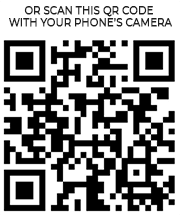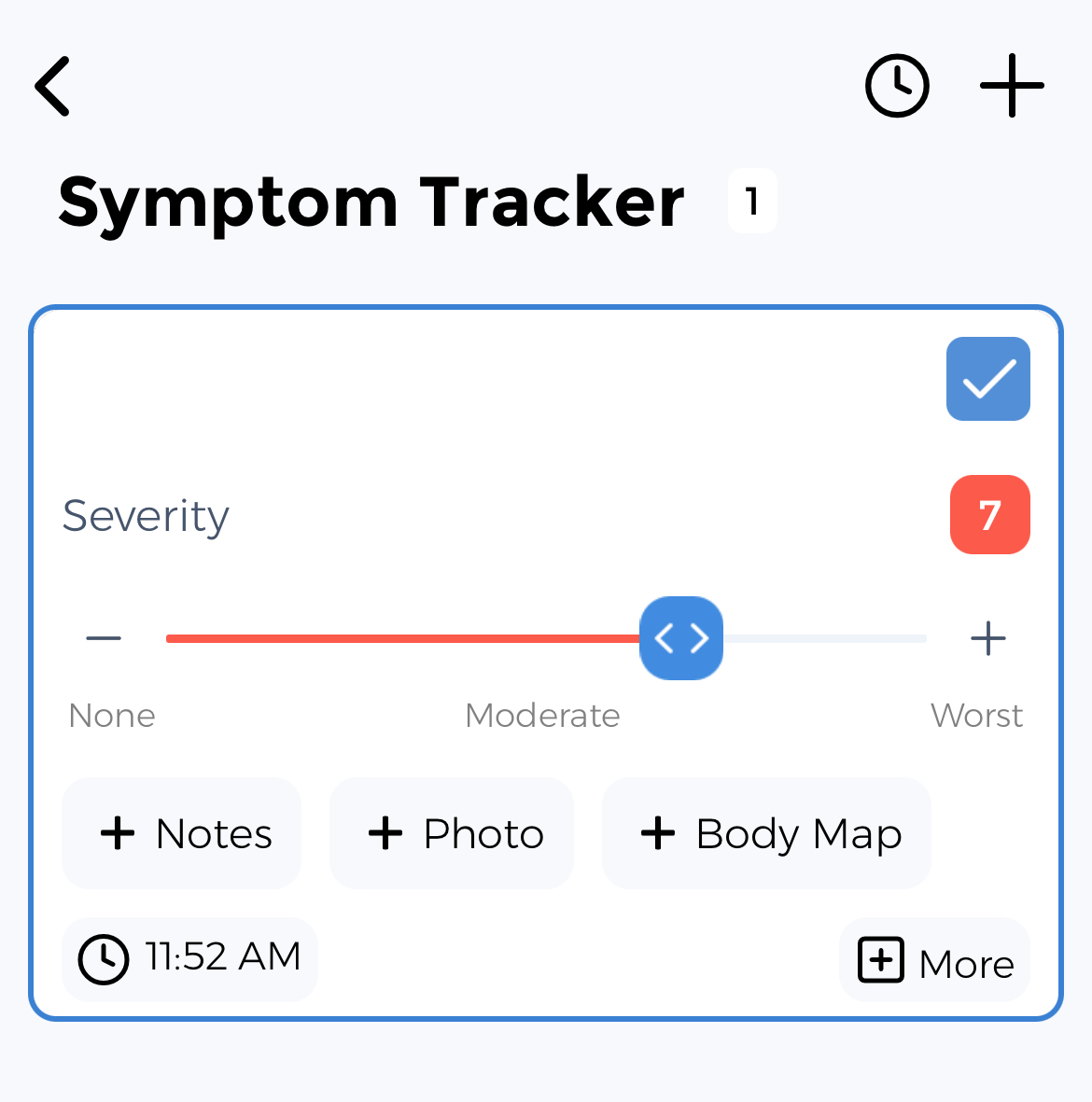High Blood Pressure (Hypertension) Symptom Tracker: Your Health Assistant
Living with High Blood Pressure means dealing with Usually asymptomatic, Severe hypertension may cause: headaches, shortness of breath, nosebleeds, dizziness, chest pain, visual changes (rare). But here's the truth: Data is your most powerful tool. Every logged symptom reveals patterns—so you can take informed action.
High blood pressure (hypertension) is a common condition where the long-term force of blood against artery walls is high enough to potentially cause health problems like heart disease. It often has no symptoms. Regular monitoring, medication adherence, and lifestyle tracking are crucial.
Track Your High Blood Pressure (Hypertension) Treatments
Tracking how these common treatments affect your symptoms can help you and your healthcare provider optimize your care plan:
Our tracker helps you monitor when you take medications and how they affect your symptoms over time.
Standardized High Blood Pressure (Hypertension) Assessments
Complete these evidence-based assessments in the App to measure your severity and monitor your progress:
⚡ Knowledge Is Your Superpower
The difference between feeling overwhelmed by High Blood Pressure (Hypertension) and feeling in control starts with data. When you track your symptoms, you transform uncertainty into clarity. Every data point brings you closer to understanding your unique patterns.
It's free to try for anyone—whether you're managing your own condition, supporting a child, helping an aging parent, or assisting a partner. Our tracker adapts to your specific role in the health journey.
How the CareClinic High Blood Pressure Symptom Tracker Adapts to Your Needs
Adults
Caregivers
Parents of Children
Young Adults
Your Complete High Blood Pressure (Hypertension) Management Toolkit
Uncover Patterns & Insights
Map your High Blood Pressure symptoms like a detective solving a case.
Understand Your Medication's Impact
Turn guesswork into strategy. See how treatments affect your well-being with clear health insights.
Objectively Measure Your Progress
Use clinically validated tools to objectively measure your progress.
Other Tools You May Like...
Plus 2 more specialized tracking tools available
Access All Tracking ToolsAlso Supports Other Conditions Like
Coronary Artery Disease Tracker
Coronary Artery Disease warriors use our tracker to monitor chest pain, shortness of breath.
Stroke Tracker
Stroke warriors use our tracker to monitor numbness or weakness, confusion.
Chronic Kidney Disease Tracker
Chronic Kidney Disease warriors use our tracker to monitor fatigue, sleeping problems.
Heart Attack (Myocardial Infarction) Tracker
Heart Attack (Myocardial Infarction) warriors use our tracker to monitor chest pain or discomfort (pressure, squeezing, fullness, or pain), pain or discomfort in one or both arms, the back, neck, jaw, or stomach.
Success Stories from Our Community
"I wish I'd started tracking my High Blood Pressure (Hypertension) years ago. When nothing else was working, but within 11 months of using this app, I found the right specialist for my needs."
"This tracker was my turning point with High Blood Pressure (Hypertension). My Usually asymptomatic was actually worse on physical activity days. Now I can make informed decisions about my treatment with confidence."
Take Control of Your High Blood Pressure (Hypertension) Journey
Transform from feeling like a passive patient to becoming an informed self-advocate. Join thousands who've discovered new insights about their condition.
Designed by people who understand the daily challenges of managing chronic conditions, we're here to support you and your ❤️ ones.
Download Your High Blood Pressure Tracker NowYour Data is Protected
Private & Secure
HIPAA Compliant
GDPR Compliant
Never Sell Data
Your data is yours: You get full control over who can view your information. CareClinic keeps all your data secure and encrypted.
References based on studies by:

